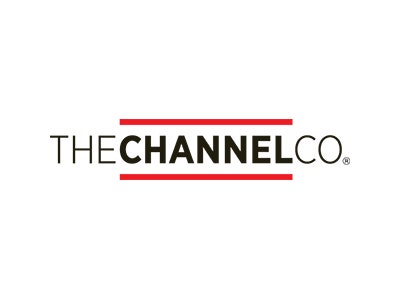Chipotle Uses Sustainability Database to Score Meals
Consumer demand for sustainable products is increasing as the effects of climate change worsen. The HowGood database and machine learning are working together to determine sustainability scores for food products based on carbon emission levels.

Image credit: Chipotle Real Foodprint
Sustainable purchasing is on the rise. According to the New York University’s 2020 Sustainable Share Market Index, consumer products marketed as sustainable grew 7.1 times faster than their conventionally marketed counterparts, and they benefit from a price premium of 39.5 percent. Not surprisingly, consumer goods companies want to highlight their sustainability efforts, but showing accountability has been hard.
That’s changing as companies can now use metrics from federal and global databases to measure sustainability and their environmental impact. Chipotle is one company using sustainable marketing strategies to improve sales and promote environmentally friendly practices.
The burrito behemoth has partnered with research firm HowGood to create Real Foodprint, a sustainability assessment tool that allows consumers to determine the environmental and social impact of the food they purchase. Through Chipotle’s website or mobile app, consumers can input their specific Chipotle order in the Real Foodprint system, which calculates that order’s sustainability scores in real time. Scores are displayed on a dashboard-like user interface, and users can adjust the order to see how it affects their sustainability scores.
Chipotle’s Real Foodprint app helps to increase accountability and transparency between Chipotle and its consumers. It compares the environmental impacts of Chipotle's ingredients to the industry average to calculate sustainability scores. Real Foodprint assesses sustainability metrics, including reduced carbon emissions, organic land supported, water saved, antibiotics avoided, and improved soil health.
Doing Good with HowGood
The data comes from Chipotle’s suppliers and HowGood’s Latis sustainability assessment tool. HowGood aggregates millions of data points from hundreds of research organizations, academic publications, and other industry reports to evaluate a product’s global impact from seed through the supply chain. Latis considers metrics such as greenhouse gas emissions, biodiversity impact, labor risk, working conditions, processing impact, water usage, soil health, and animal welfare.
The database provides data analytics for more than 30,000 ingredients, chemicals, and materials. The software allows companies and consumers to calculate the environmental and social impacts of various products. A “good” score is applied to products that rank in the top 25 percent, a “great” score goes to those in the top 15 percent, and the “best” score is awarded to the top 5 percent of food products sold in the United States.
HowGood claims that using the Latis system and HowGood database increases sales of sustainable products by nearly 4 percent. The user interface displays the impact of any ingredient, source location, or sustainability standard on a micro level. Customers can scan or search for products in the database. Companies can customize the reporting interface to align with corporate sustainability strategies and goals, or, like Chipotle, they can link the data to their menus for consumer use.
The Future of Sustainable Eating
Companies such as Panera Bread and Just Salad are using similar sustainability assessment systems to reduce the environmental impact of their products. Panera Bread includes “Cool Food” labels on menu items with low carbon footprints. Just Salad, with help from NYU Stern, created a “Climatarian” menu that displays the carbon footprint and greenhouse gas emissions of the menu items.
As climate change persists, companies are promoting sustainable purchasing and eating to reduce their carbon footprint. HowGood’s sustainability assessment system allows companies and consumers to determine the environmental impacts of their food using technology, which allows for on-the-go comparisons of sustainable and conventional products.